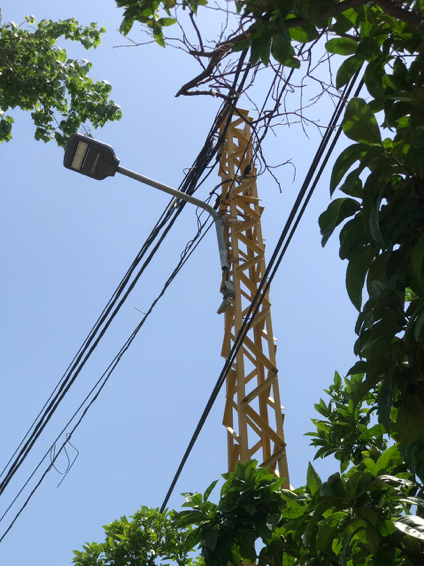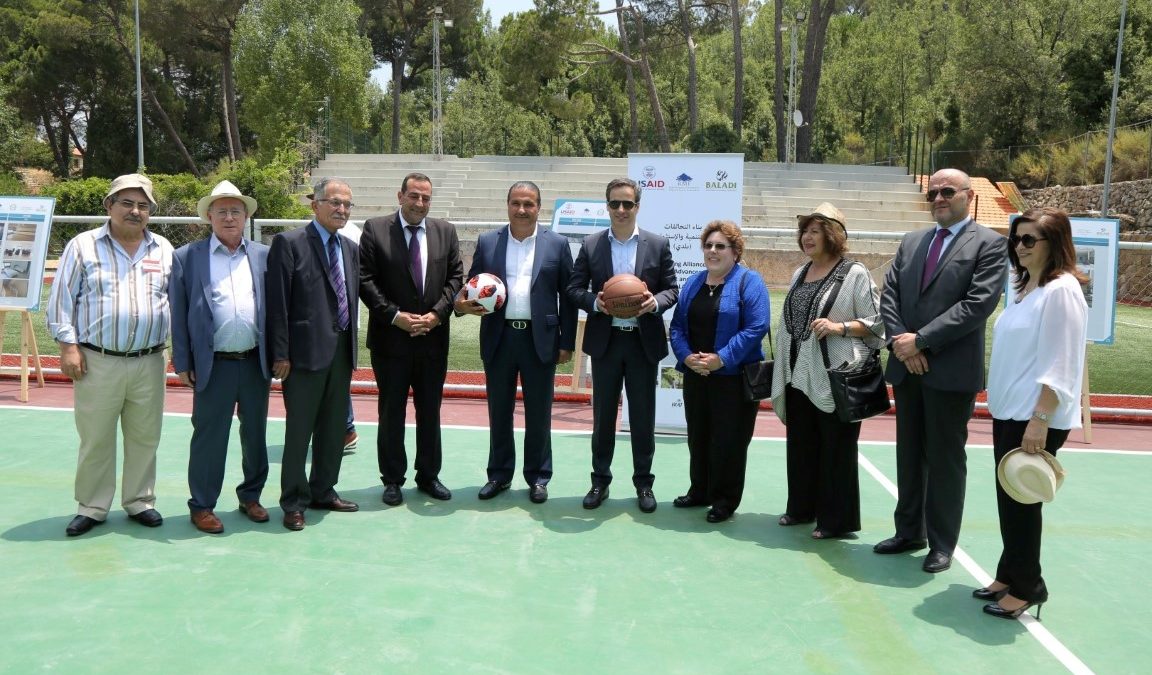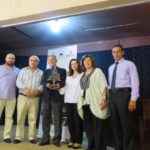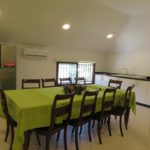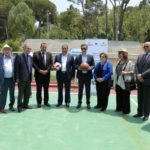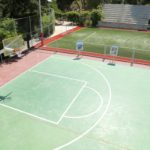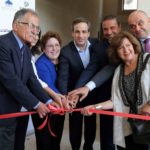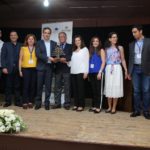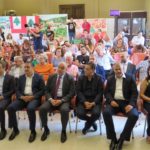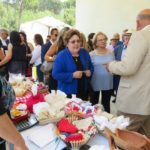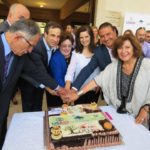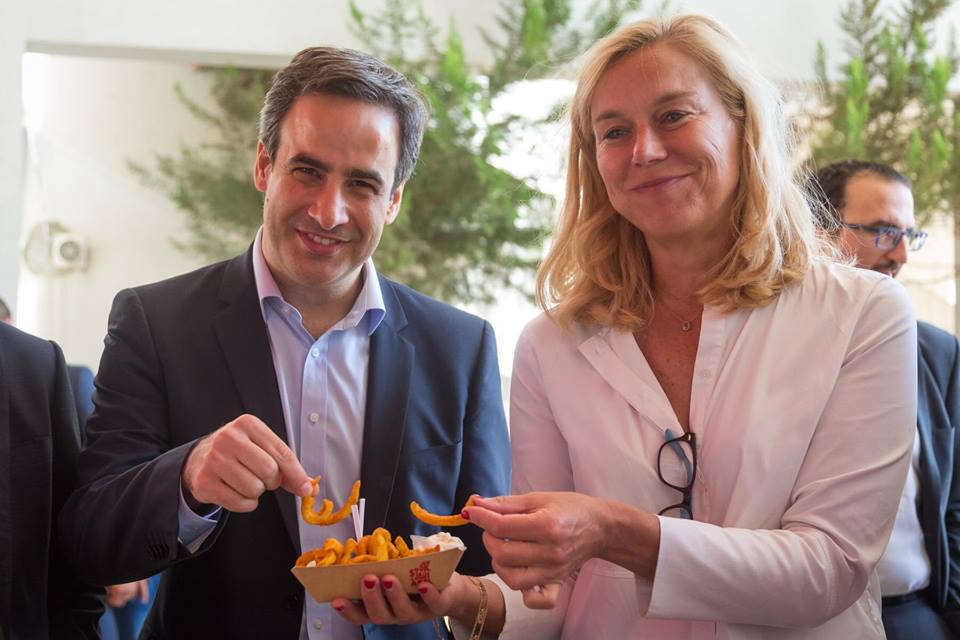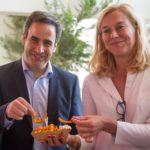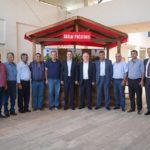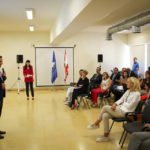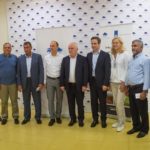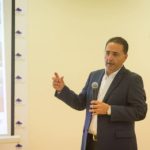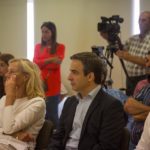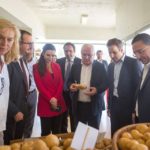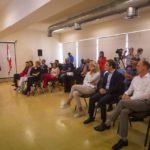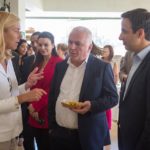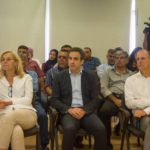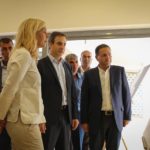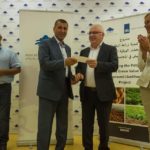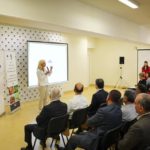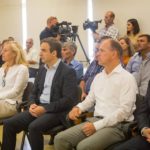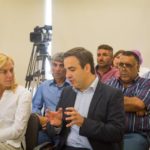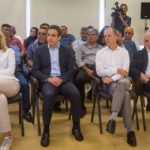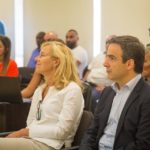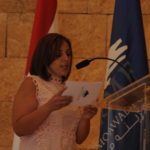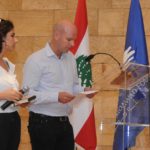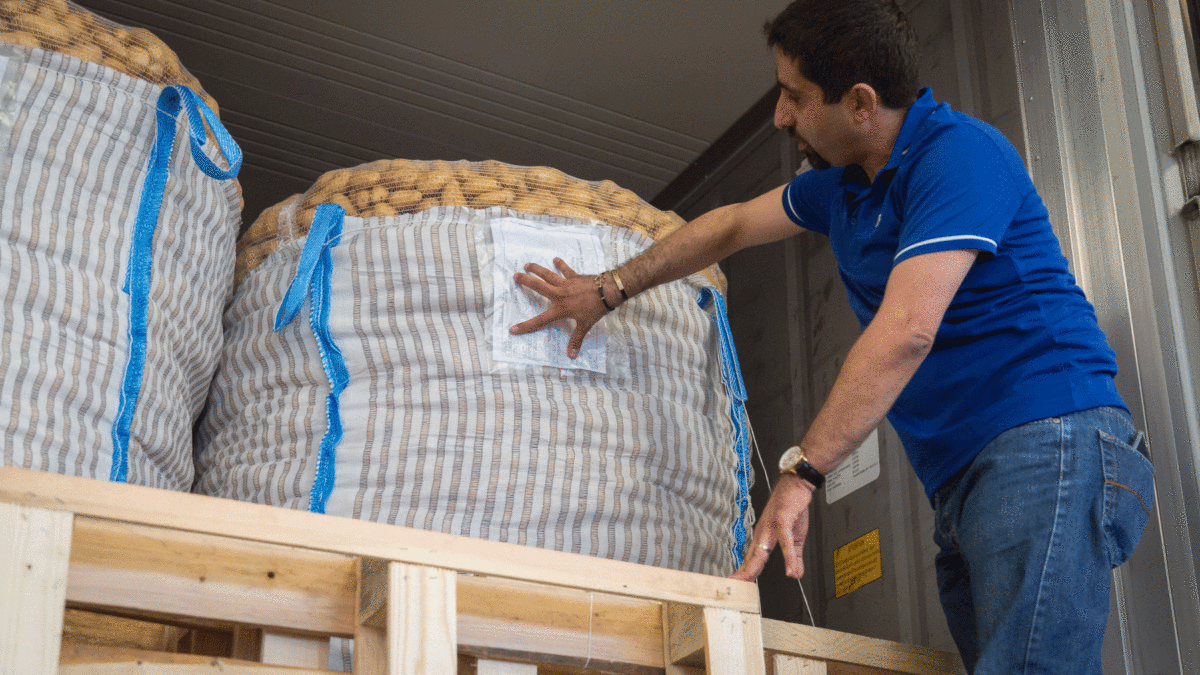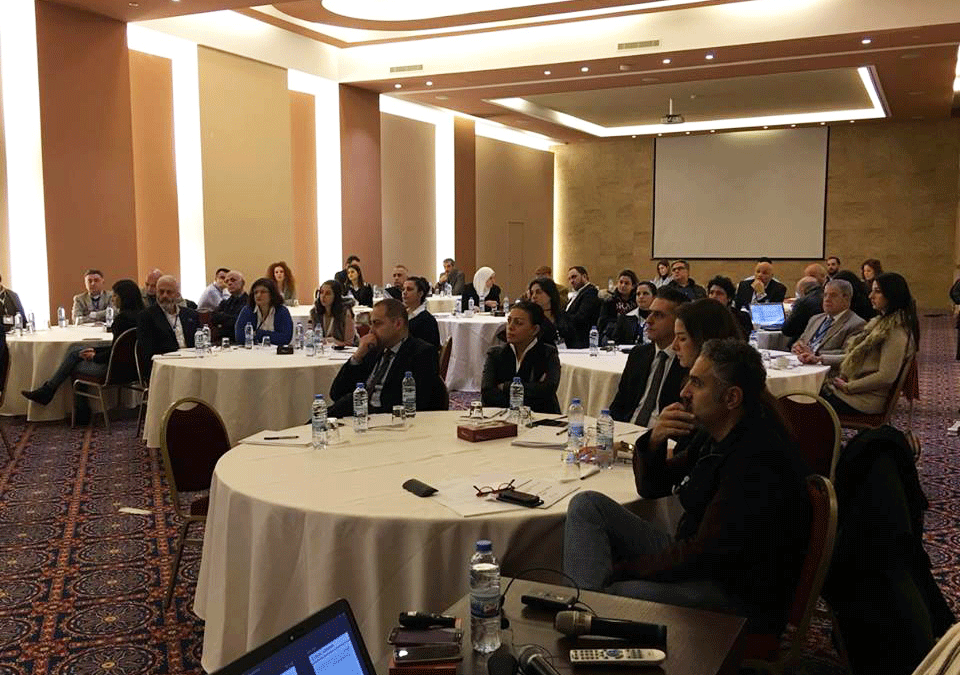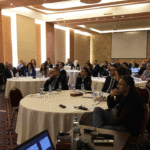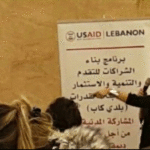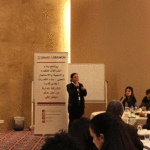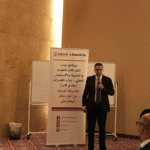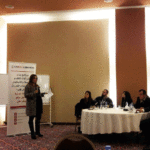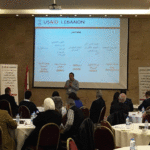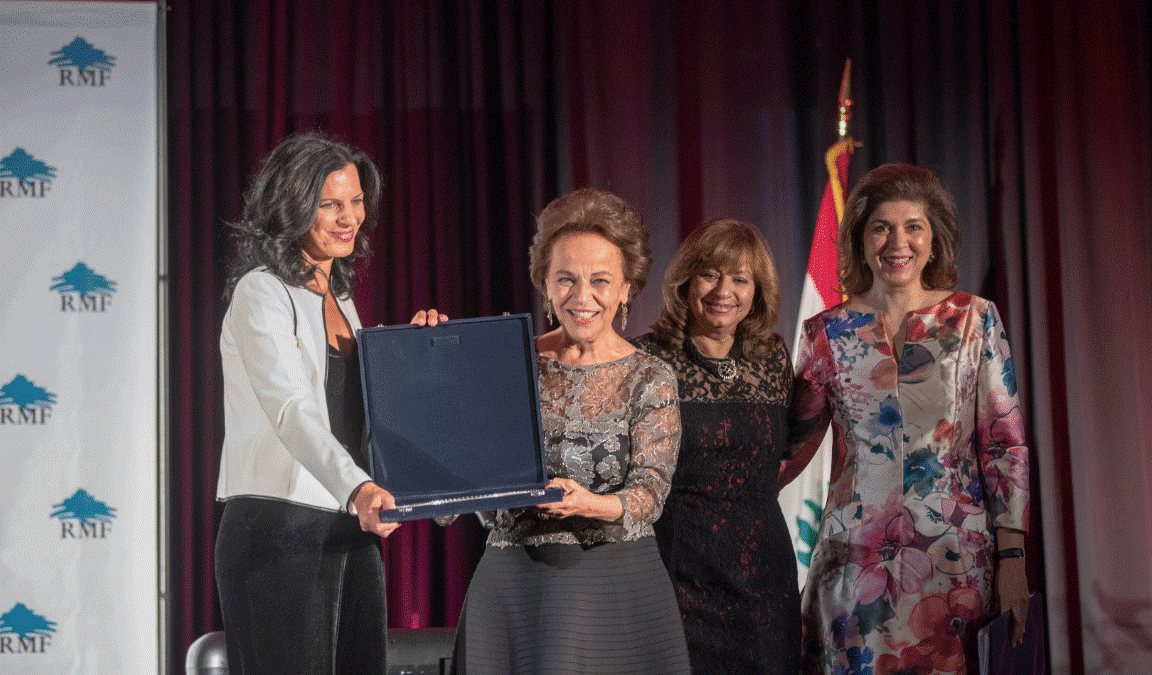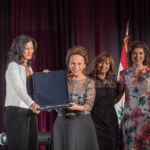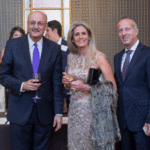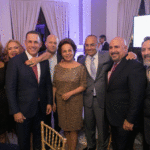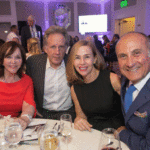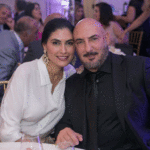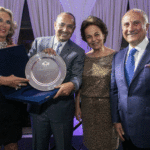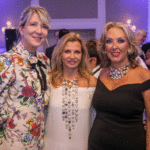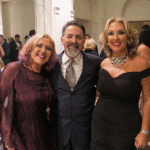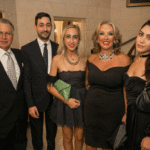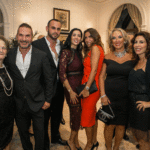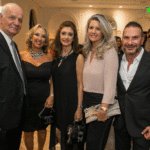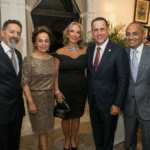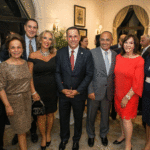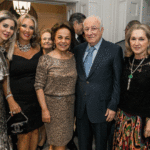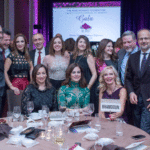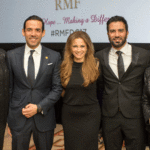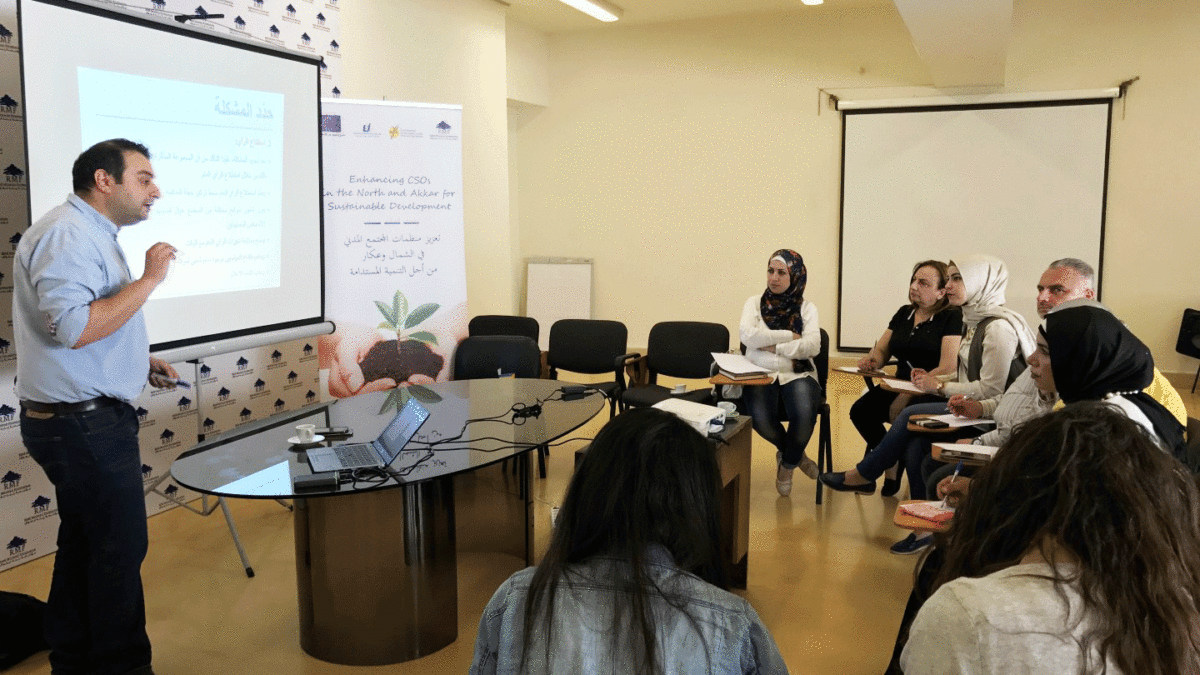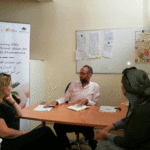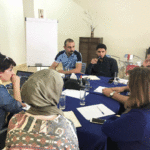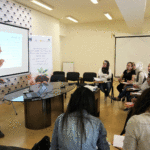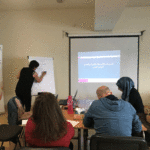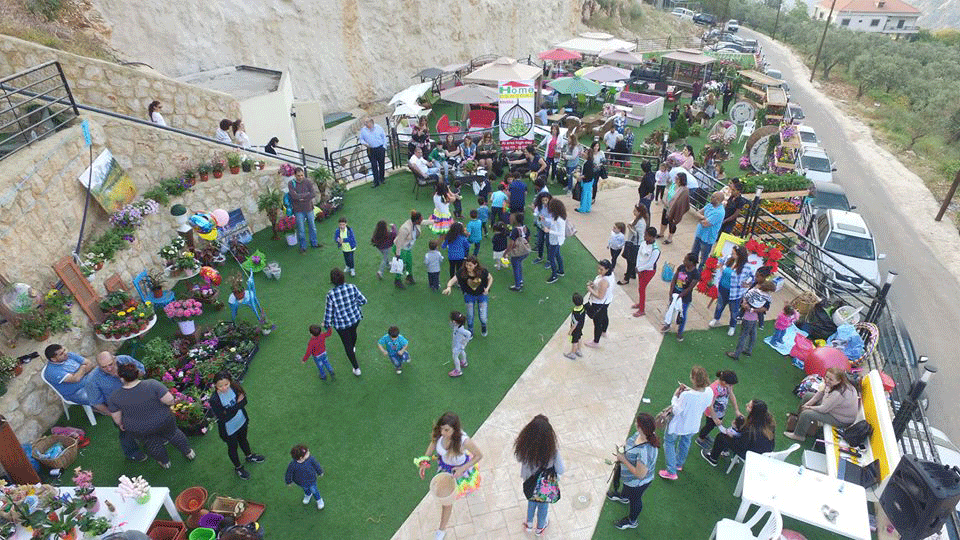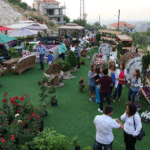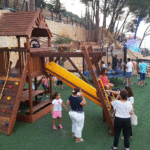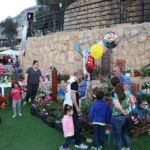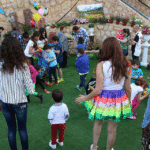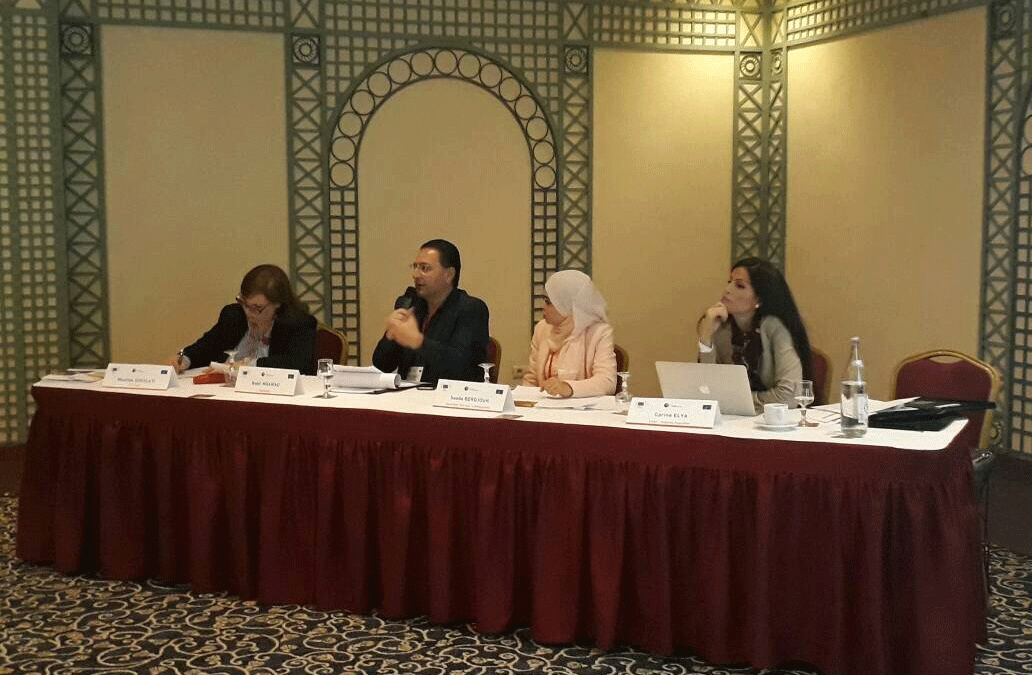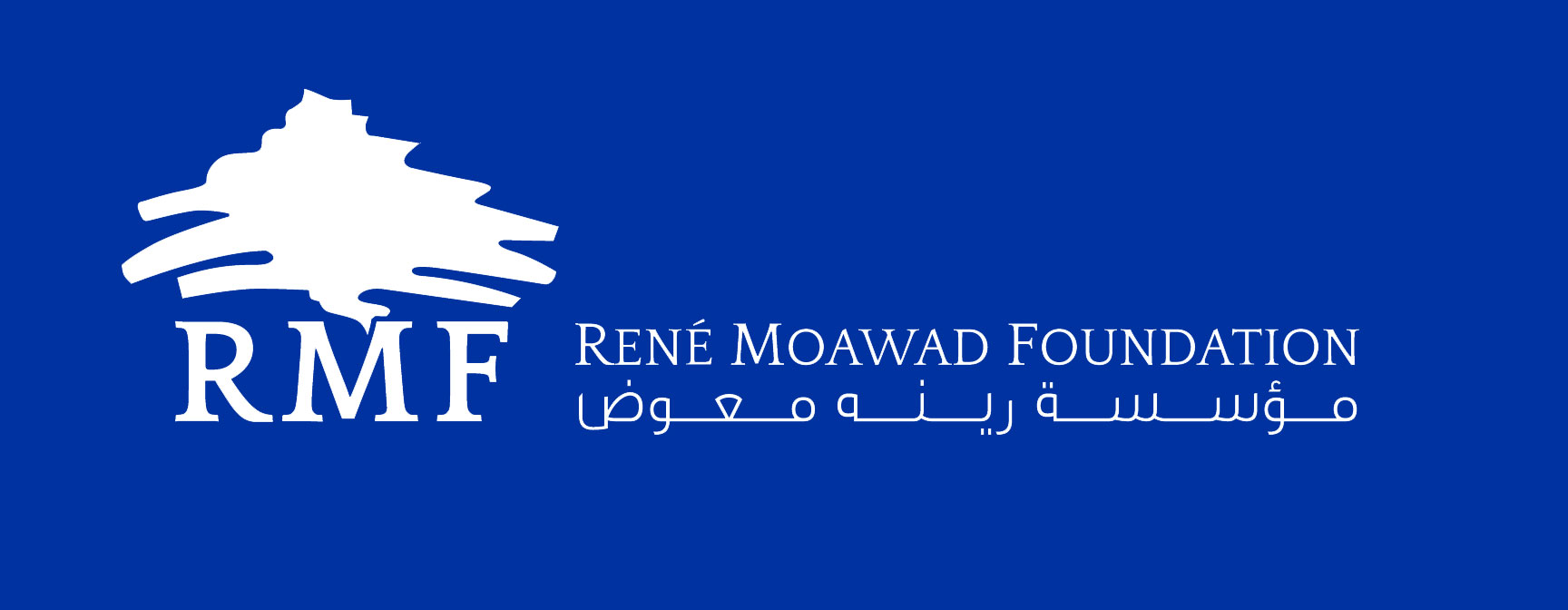The René Moawad Foundation celebrated the export for the first time of 20 tons of Lebanese potatoes to the EU markets in cooperation with the Ministry of Agriculture and the Embassy of the Netherlands in Beirut and in coordination with the agricultural cooperatives in Akkar. The ceremony was held in the conference room of the management and investment building of the Beirut Port, in the presence of the President of the René Moawad Foundation, former MP Nayla Moawad, General director of the Ministry of Agriculture Louis Lahoud (who was representing the Minister of Agriculture Ghazi Zeaiter), the Kingdom of the Netherlands Ambassador to Lebanon Jan Waltmans, General director of the Agricultural Research Department Michel Afram represented by Michel Issa El-Khoury , General director of the Ministry of Economy and Trade Alia Abbas, General director of Customs Badri Daher (represented by Colonel Adel Francis), General director of the René Moawad Foundation Nabil Moawad, FAO (The Food and Agriculture Organization of the United Nations) Ambassador Maurice Saadeh, Chairman of the Agricultural Committee of the Federation of Chambers of Commerce, Industry and Agriculture in Lebanon Raphael Debbane, Chairman of the Lebanese-Dutch Businessmen Association Mohammad Sinno, Head of Beirut port authority Hassan Koraytem, and Ms. Virginie Cossoul representing the European Union in addition to the presence of security forces, the heads of agricultural cooperatives in Akkar and a gathering of businessmen and farmers.
The ceremony began with the Lebanese and Dutch national anthems followed by a speech by former MP Nayla Moawad, expressing her pride and joy in this achievement, which has led to the export of high-quality Lebanese products that conform to European standards, in close cooperation with the public and private sectors on one hand, and the farmers and cooperatives, and the Dutch embassy on the other hand. Moawad confirmed that “The main objective is the dignity of the farmer whom we want to help keep on his land so he can live in dignity. And in collaboration with the Dutch Embassy, we worked for the first time in Lebanon on potato varieties found in EU countries in cooperation with the Agricultural Research Department and farmers. And this project was successfully completed after we adopted many practical steps and overcame many obstacles, but only with the help of all were we able to achieve the desired goals.” She expressed her pleasure at the success of this project which is beneficial first to farmers and then to the national economy.
Then a speech on behalf of the Minister of Agriculture Ghazi Zeaiter was delivered by the Ministry’s General Director Louis Lahoud, who welcomed the audience and praised the role and work of the René Moawad Foundation. Lahoud spoke about the importance of this project, which aims at developing Lebanese agricultural products and further enrooting farmers in their lands, thereby reflecting positively on the agricultural situation. He highlighted the role of the Ministry of Agriculture in supporting such projects that contribute to the modernization and development of agricultural products. “We went through several stages before the export to the EU was approved, and then we started the most difficult phase of preparing the Lebanese farmer to work on the specifications,” he said. And in this regard, the René Moawad Foundation was a pioneer in implementing the specifications with farmers.”
Then the Ambassador of Holland to Lebanon, Jan Waltmans, said: “The Kingdom of the Netherlands is the fifth largest donor to Lebanon. Indeed, we support Lebanon in addressing the impact of the Syrian crisis through economic development and job creation (the Socio-Economic Fund for Development, the Agrotech Agricultural Technology Program, and FAO, the Food and Agriculture Organization of the United Nations in the rehabilitation of technical schools and the green project), and in human rights, stability, peace and security and finally, to work with young people. And these are only a few examples of what the Netherlands is doing in Lebanon. ”
And he added: “With the René Moawad Foundation, we took it upon ourselves to demonstrate that the European market is open to Lebanese products and that European standards can be met if the farmers in Lebanon receive the proper support and the right approach to achieve these goals.” And the René Moawad Foundation has worked closely with farmers in Akkar, seed suppliers, and Dutch traders. As a result, Lebanon today is exporting the first 20 tons of potatoes to the Kingdom of the Netherlands. I would also like to mention the Syrian refugees who were allowed to work on the lands, thus contributing to this success in turn. And the entire potato output has been sold even before its shipment. This is why I am very pleased with this achievement today and I hope it will serve as a model for all farmers in Lebanon to replicate this experience and open up new markets. ”
He concluded with: “We all know that in the event of failure, it is easy to point the finger at whom is at fault, whereas in achieving any success, the winners and the heroes suddenly identify themselves, but in this case, the Moawad Foundation, the farmers, peasants, experts from the Netherlands and from the Agricultural Research Institute in Lebanon; they are the only ones who played an efficient role and nobody else. I am sure that this development will encourage the Ministry of Agriculture and the Lebanese authorities to promote similar initiatives in the agricultural sector.”
Then the technical director of the project at the René Moawad Foundation, Engineer Imad Riachy, presented a technical explanation about the project’s execution and the difficulties that accompanied it. After that, the participants inspected the volumes exported at the container terminal at the port of Beirut.
